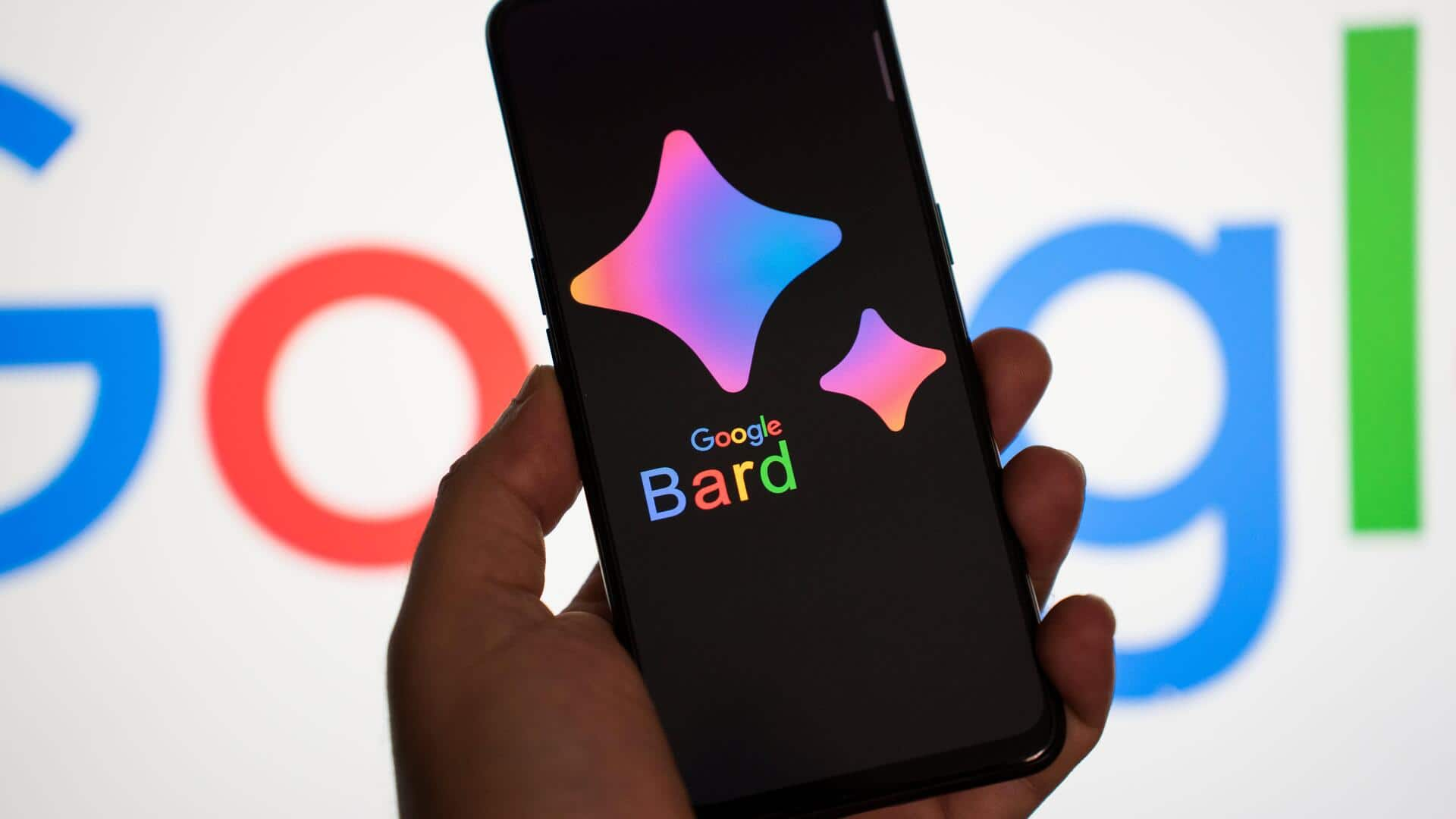
Google Bard won't answer your election-related queries: Here's why
What's the story
Google's parent company, Alphabet, is gearing up to limit election-related queries on its chatbot Bard and AI-based searches before the 2024 US Presidential election. These restrictions, set to be in place by early 2024, will also affect important elections in countries like India and South Africa. Alphabet's goal is to concentrate on the impact of artificial intelligence in these elections, signaling a move toward more responsible AI use in politics.
Details
Meta bars political campaigns from using generative AI advertising products
In a similar effort, Meta, Facebook's parent company, banned political campaigns and advertisers in regulated industries from using its new generative AI advertising products last November. Now, advertisers on Meta platforms, such as Facebook and Instagram, must reveal when AI or other digital methods are used to modify or create political, social, or election-related ads. This change is part of a larger push for transparency and accountability in digital advertising.
What Next?
Musk's X reverses political ad ban
On the other hand, Elon Musk's social media platform X changed its policy in August, allowing political advertising in the US from candidates and political parties. This decision reverses the global ban on political ads that had been in place since 2019. To get ready for the 2024 US elections, X also plans to grow its safety and elections team.
Insights
Regulating AI's role in political landscape
As countries worldwide grapple with AI regulation and concerns like misinformation spread, the European Union (EU) has implemented rules requiring Big Tech companies to clearly label political advertising on their platforms. These rules demand disclosure of funding sources, spending details, and targeted elections. Such steps are crucial for ensuring transparency and fairness in the digital space, especially as nations prepare for major elections.